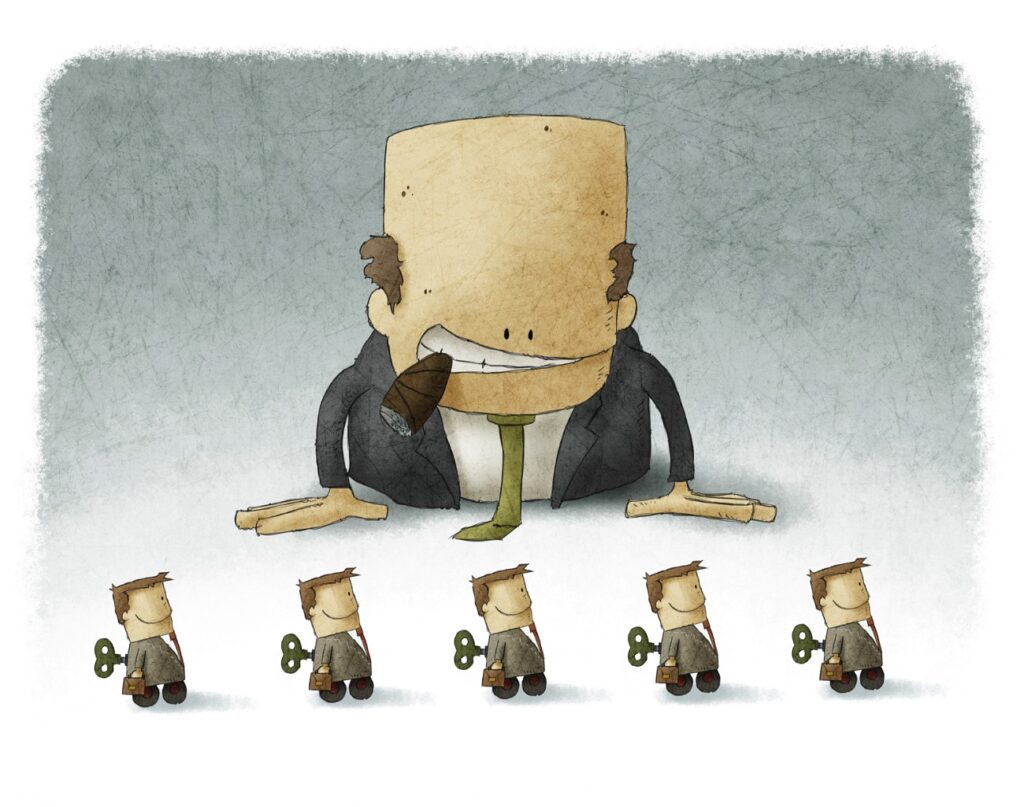New research from the American National Bureau of Economic Research suggests workers hired by computer algorithms stay longer in jobs than those hired by people.
Across 15 companies and 300,000 low-skill service-sector hires, the NBER research compared the tenure of those hired based on algorithmic recommendations with those hired by humans.
The test asked questions around cognition, personality, cultural fit and technical skills. Answers were run through a computer programme which delivered recommendations: green for high-potential candidates, yellow for moderate potential and red for the worst-rated.
Green-rated workers stayed in the jobs 12 days longer than yellows, who stayed 17 days longer than reds. These stats are significant because the median duration for employees in these jobs is about three months.
Natural distrust of the algorithms holding back better hires?
Overconfidence or bias can cause managers to disregard the algorithmic recommendations. When recruiters hired yellow-rated people instead of greens, who were then hired at a later date, those greens stayed about 8% longer.
In fact, the more managers’ actual choices deviated from recommendations, the less likely hires were to stay.
Plus, those hired by recruiters against algorithmic recommendations were not more productive – the study measured productivity across six of the 15 companies.
Are you stil trusting your gut?
Rsearcher Danielle Li, an assistant professor of entrepreneurship at Harvard Business School, said there’s still a tendency for recruiters to trust their gut over machines.
“It’s human nature to think that some of that information you’re learning in an interview is valuable,” added Li. “Is it more valuable than the information in the test? In a lot of cases, the answer is no.”
A different study called the tendency to disregard algorithmic recommendations “algorithm aversion.”






